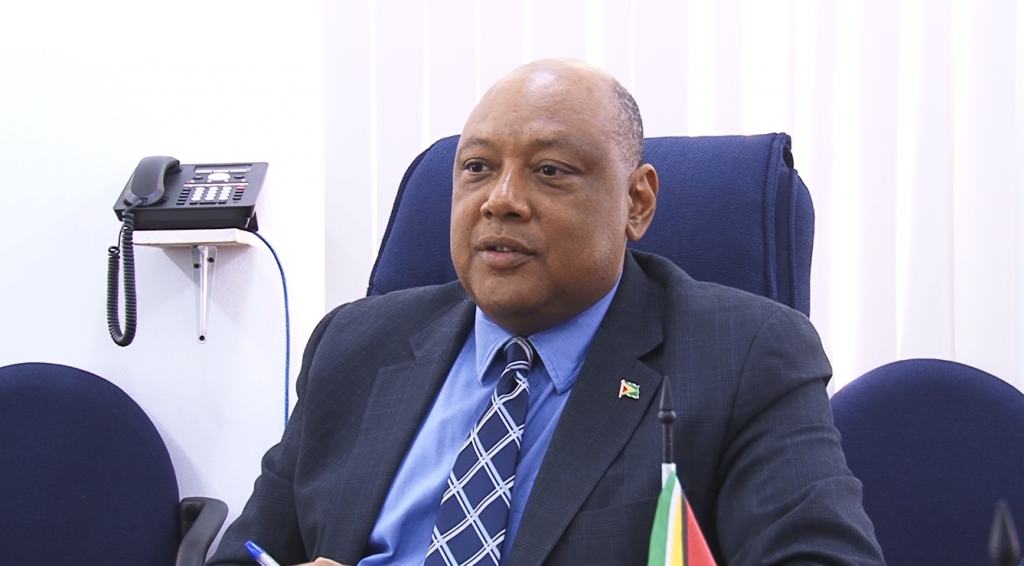$20.8 billion in revenues recorded from oil, mining companies in 2017
A total of G$20.8 billion was collected from oil and mining companies in 2017, a report by Guyana to the Extractive Industries Transparency Initiative (EITI) has revealed.
In October 2017, Guyana was accepted as an implementing country for EITI, the global standard for the good governance of oil, gas and mineral resources, such as gold and diamond.
Last week, Guyana presented its first report to the EITI International Secretariat. It covers payments made by extractive entities and revenues received by government agencies, and other material payments and benefits to government agencies.
The Guyana Gold Board accounted for 33% of total revenue streams followed by the Guyana Revenue Authority with 32% and the Ministry of Finance with 18%.
In total, 24 entities were covered. For the oil and gas sector, nine companies were identified and seven participated. The total revenue amounted to $2.6 billion.

“The report, which was published in conformity with the EITI Standard, goes beyond the mere reconciliation of payments, and receipts to include contextual information such as a summary description of the legal framework and fiscal regime, the sector’s contribution to the economy, production and export data, state participation in the extractive industries, revenue allocations, sustainability of revenues, license registers and licence allocations to mention a few,” said Raphael Trotman, Minister of Natural Resources.
Speaking about the report at a press conference Thursday, Trotman said it connects the dots and points the way forward for better management through greater transparency in the extractive sector and this is the main focus for the government in this process.
“Particularly, it points the way for: an improved investment climate; how to assist in strengthening licencing, record keeping and tax collection systems and legal and fiscal frameworks; how to improve reforms and governance as well as promoting greater economic and political stability,” he stated.
For companies, Trotman said it shows how to mitigate political and reputational risks as well as creating a level playing field in countries of operation and transparency of payments made to investments makes to a country.
For the public, the Minister said having more information on what is happening in the extractive sector helps to hold government accountable.
In preparing the report, Trotman said the Multi-Stakeholder Group (MSG) agreed on the participating sectors and, though fisheries and forestry were not mandatory, the MSG in the interest of transparency, included these two sectors.
The MSG also agreed to include extractive entities which made payments over the materiality threshold of G$75,000,000.
Reconciliation of revenue for the mining sector amounted to $11.2 billion which represents 54% of total revenue generated from the mining sector.
“The government’s commitment to openness and transparency is strong and steady and it is satisfied with the progress made thus far and looks forward to building on this foundation,” Trotman stated.






